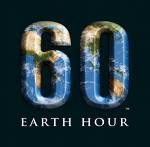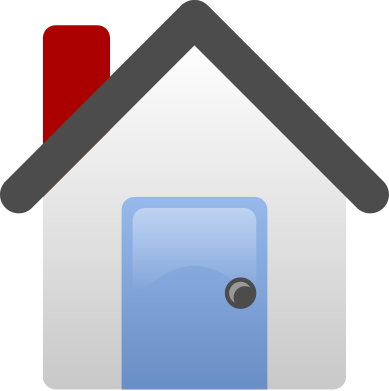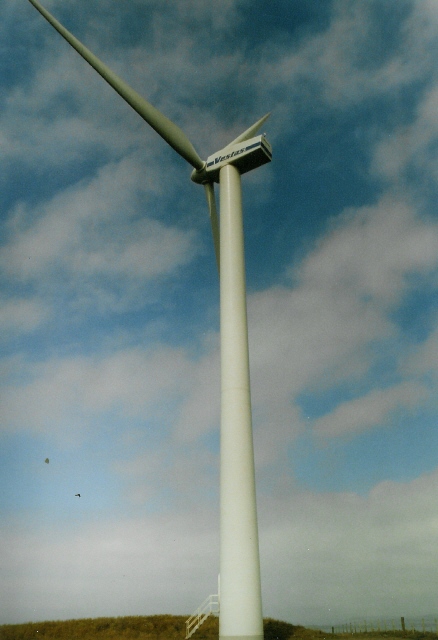President Obama launched the United We Serve campaign over the weekend. The campaign urges Americans to do their part in the road to economic recovery by volunteering in areas that can help in the efforts.
In the video below, the president reminds Americans that it's not just the governments job to fix our problems. One of the examples he uses is an environmental one.
"We can invest in clean energy, but we need people to use energy efficient products in their homes and train for the green jobs of the future," he tells us.
There's an even a home energy audit toolkit on the United We Serve website. One of the volunteerism suggestions on the site is to form a home energy audit team in your community.
Other "green" ideas on the site that have toolkits are:
Organize a book drive - used books are greener than new books
Organize a clothing drive - again, used is greener than new
There is also the option of creating your own project and registering it on serve.gov. You can also register ones that already exist.
Take a look at the video below and ask yourself, "How can you volunteer to help America and help the environment at the same time?"






 tiful out this morning. After a week of muggy, rainy, gray days, fall has emerged clear and crisp. The sun is shining, the wind is gently blowing leaves that are beginning to turn, and I'm considering actually putting on shoes instead of sandals. It's one of those days you don't need to worry about the thermostat. It's just off.
tiful out this morning. After a week of muggy, rainy, gray days, fall has emerged clear and crisp. The sun is shining, the wind is gently blowing leaves that are beginning to turn, and I'm considering actually putting on shoes instead of sandals. It's one of those days you don't need to worry about the thermostat. It's just off. 



